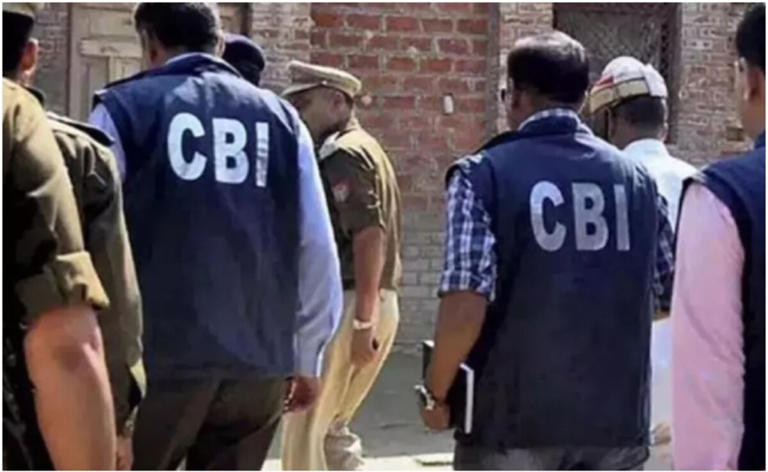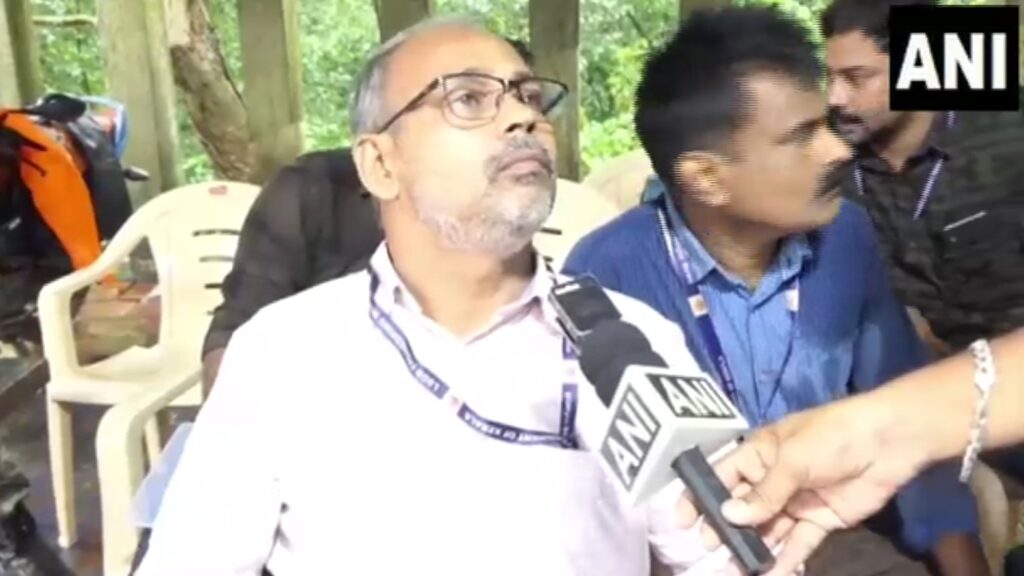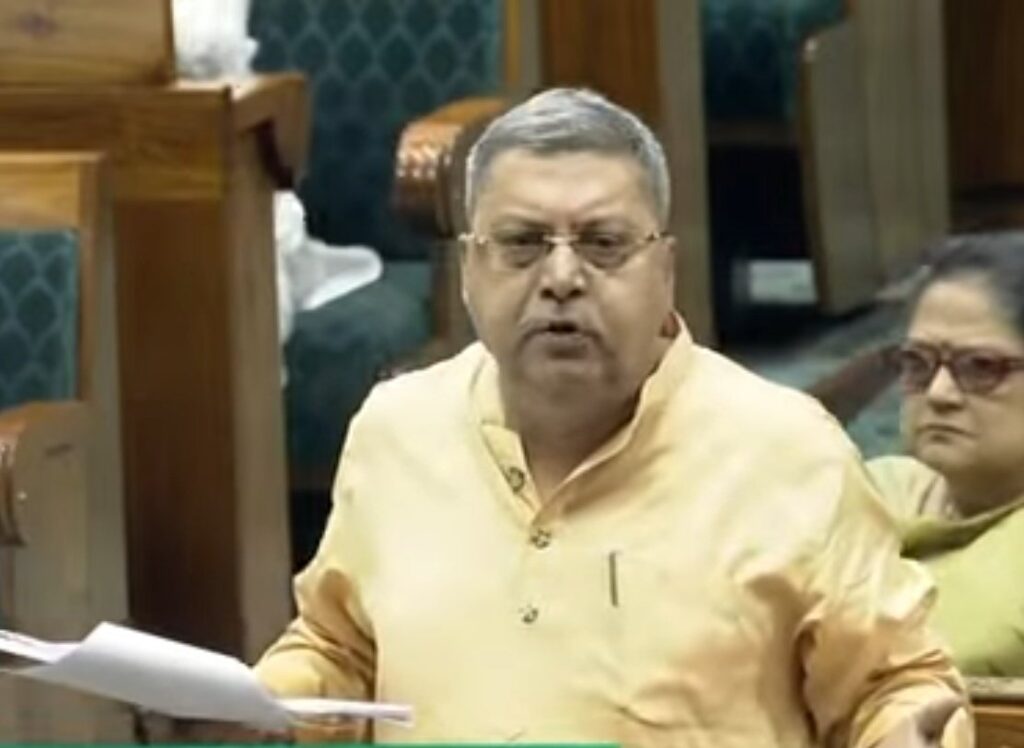Old 2003 JNPT Project Under Scanner for Inflated Bills, Tender Rigging Allegations
In a fresh blow to India’s infrastructure sector credibility, the Central Bureau of Investigation (CBI) has unearthed a massive ₹800 crore scam linked to a decades-old Jawaharlal Nehru Port Trust (JNPT) project, bringing former Tata officials and global dredging companies under the corruption scanner. The case, which dates back to a 2003 plan to widen and deepen the Mumbai-JNPT navigation channel to accommodate large cargo vessels, now stands exposed for alleged bid rigging, over-invoicing, and suppression of project reports.
The project was executed in two major phases spanning from 2010 to 2019, aimed at making India’s busiest container port ready for modern shipping demands. But behind the technical upgrades lay a web of corruption involving inflated dredging estimates, manipulated tender processes, and strategic favoring of select foreign contractors.
How the ₹800 Crore JNPT Port Scam Exposed Collusion, Overbilling and Conflict of Interest
📢 SHOCKING: CBI names ex-Tata officials in ₹800 crore port scam
— The Analyzer (News Updates🗞️) (@Indian_Analyzer) June 21, 2025
~ Case linked to 2003 JNPT-Mumbai Port project to widen and deepen navigation channel for larger cargo ships.
Alleged irregularities now under CBI scanner.
Old deal. Big money? pic.twitter.com/xkUarhoB2a
The CBI’s FIR—filed on June 18, 2025—names several individuals including former JNPT Chief Engineer Sunil Kumar Madabhavi and ex-Tata Consulting Engineers (TCE) Project Director Devdutt Bose, as well as global firms Boskalis Smit India LLP and Jan De Nul Dredging India Pvt Ltd. The probe was launched after a three-year preliminary enquiry starting in June 2022.
At the heart of the scam are two critical issues: collusion between consultants and bidders, and fictitious dredging claims that led to massive overpayments.
Tata Consulting Engineers (TCE), which was tasked with consultancy and tender preparation, allegedly abused its position to engineer the tender in favor of Boskalis and Jan De Nul, two international dredging giants. According to the CBI, TCE designed the tender in a way that eliminated competition, created “complementary bidding patterns,” and helped form a cartel. Further manipulation occurred in the dredging output assessment, where flawed software (Qinsy) was used for post-dredging surveys. This software allegedly showed exaggerated volumes of material dredged, resulting in undue payments. In Phase I alone, ₹365 crore was paid in excess due to false over-dredging claims. Phase II saw ₹438 crore paid out with minimal actual dredging, making the total fraud exceed ₹800 crore.
CBI raids conducted across Mumbai and Chennai uncovered key project files, digital records, tender documents, and potential proof of personal financial gains by public servants. The charges include criminal conspiracy (IPC Section 120-B), cheating (IPC 420) and violations of the Prevention of Corruption Act. The agency also flagged that JNPT staff suppressed independent technical reports that questioned the dredging levels and cost estimates. The alleged beneficiaries not only reaped inflated payments but also bypassed checks meant to safeguard public money.
This case revives concerns over India’s public-private infrastructure deals, where consultancy roles, contractor relationships, and oversight mechanisms often blur the lines between technical feasibility and financial fraud. It’s a stark reminder that even legacy projects can conceal festering corruption—waiting for a forensic audit to blow the lid off.





















